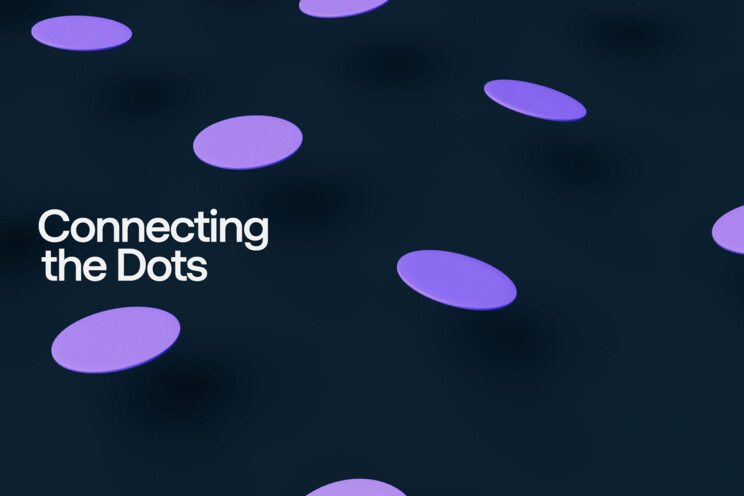The conversation surrounding mental health and wellness in the workplace has evolved over the years, with recent developments – particularly, the global pandemic and the influx of Gen Z talent in the job market – pushing a cultural shift toward greater awareness and proactive support within organizations.
I’ve witnessed this shift first-hand and lately I’ve been reflecting on the impact it’s had on workplace dynamics, organizational culture, and employee well-being. In this blog, I’ll share some of these reflections, along with insights I’ve gained from my 15 years of experience in HR and personal anecdotes from my tenure as HR manager at Securitas. My aim is to help other leaders understand that prioritizing employee mental wellness is a crucial component of a successful, sustainable, and healthy workplace.
Post-pandemic workplace wellness
The pandemic undeniably transformed the modern workplace, and in more ways than one. When it comes to organizational culture, it had many lasting effects – some of which were actually quite positive.
For example, as people were forced to change work patterns virtually overnight, we saw an increase in regular and scheduled one-on-ones. Not only did the frequency of these meetings change, but the substance did as well. Conversations between leaders and employees became more open and vulnerable, helping to build on the ever-important psychological safety that is essential in any workplace.
Organizations began offering more employee resources, too, which was increasingly important as stress levels, burnout, and exhaustion rose globally. Time management and boundary-setting became critical areas to support in connection with these challenges.
During this time, many leaders also put more emphasis on recognition and connectedness to help employees feel supported and valued, despite the rapid change of circumstances. This is something we teach in our leadership training, as part of Securitas’ Leadership Framework. Grounded in our core values of integrity, vigilance, and helpfulness, the framework guides leaders on how to cultivate and retain talent, and points to feedback, recognition, and growth opportunities as a few ways we can empower our people.
I witnessed many of these changes have a positive effect on employee commitment and productivity throughout (and since) the pandemic. Though this certainly wasn’t a universal experience – we all felt the impact of the pandemic differently – I can say that it did open the door much wider within businesses across the globe to topics that had been largely minimized in the workplace. Namely: employee mental health and wellness.
A new generation enters the workforce
What was once considered a taboo topic confined to HR offices has emerged as a central focus for organizations striving to create supportive and inclusive cultures. Until the pandemic, conversations around employee mental health and well-being were typically connected with employee assistance programs and rehabilitation and were more reactive than proactive.
However, today's job candidates, particularly Gen Z talent, are increasingly seeking workplace environments that prioritize mental health and wellness. This is one of the most striking shifts I’ve personally noticed in my recruitment conversations. Candidates today are clearly vocalizing their desire to work for companies that have an open dialogue around mental health, and those that promote work-life balance, stress management, and personal growth.
This has helped pave the way for mental wellness to become a key focus area for many organizations, which, in turn, creates a win-win for businesses and their people. When businesses prioritize employees’ holistic health and wellness, they create a positive work experience that leads to better engagement, productivity, and happiness – helping the business to flourish.
Protecting our greatest asset: our people
As organizations adapt to evolving expectations – and continue to settle into post-pandemic routines – they should take a proactive approach to mental health and wellness in the workplace. Not only are today’s employees and job candidates expecting it, but it’s simply the right thing to do.
I may be biased (being part of the People function at Securitas), but I believe businesses have a profound responsibility to take care of their people. Guided by our core values and purpose – to help make the world a safer place – we prioritize the well-being of our colleagues. Whether you're a manager, an employee, or a colleague, we look out for each other. It's fundamental to our culture to actively support employees with their holistic wellness.
We always say, “Securitas is its people,” and I believe that’s true for every organization. People are our greatest assets, and when businesses invest in their health and wellness, they invest in the future of their company.





